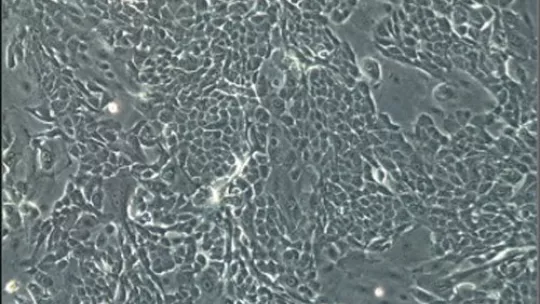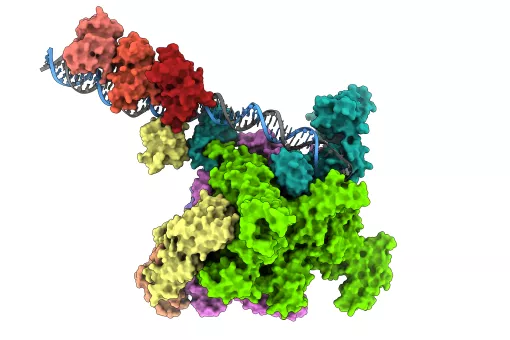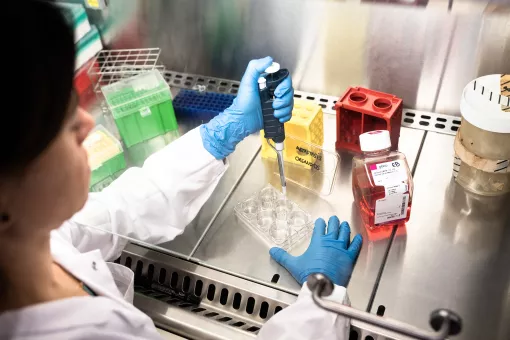Images
Researchers lead by Salvador Aznar Benitah describe in detail the cyclic activity of the genes in skin stem cells during the course of a day.
The correct balance of the biological clock of stem cells affects their function, and its disruption causes aging and can lead to predisposition to skin cancer.
Our skin regenerates daily and has to face harmful environmental factors such as sunlight and pathogens. In an article published in the journal Cell Stem Cell, scientists led by ICREA Research Professor Salvador Aznar Benitah, who has recently moved his lab to IRB Barcelona, have described how the circadian rhythm (internal biological clock) modulates the function of human skin stem cells to achieve optimum regeneration and protection against harmful agents.
Thus, during long periods of exposure to pathogens or UV light, stem cells of the human skin protect themselves. In contrast, during the evening and night, they produce new keratinocyte. Found in the uppermost layers of the skin, keratinocytes, which are dead cells rich in keratin, provide an impermeable protective barrier. Over the course of the night the stem cells regenerate tissue and replace keratinocytes that are damaged or that have been lost during the day.
“Stem cells have some genes that control their biological clock and that determine peaks of activity and intervals of inactivity over 24-hour periods. In this study, we describe how the cells manage to perceive what time of the day it is. This precision allows the stem cells to adapt their activity to the time of day and to its environmental conditions,” explains Salvador Aznar Benitah, who conducted this study at the Center for Genomic Regulation (CRG) and who has recently settled his new lab “Stem Cells and Cancer” to IRB Barcelona.
In 2011, Aznar Benitah and collaborators (amongst them Eduard Batlle from IRB) previously reported on the relevance of circadian rhythms in the regulation of skin stem cells. At that time they found that the cells discriminate between day and night. On this occasion, the researchers have managed to monitor the activity of the stem cells minute by minute. “We now know how the cells know exactly what time it is and how, thanks to this information, they regulate their activity accordingly,” adds the head of the study.
The study also demonstrates that a disruption in the internal biological clock deeply affects the correct function of stem cells and leads to tissue aging and potential predisposition to skin cancer.
Reference article:
Human Epidermal Stem Cell Function is Regulated by Circadian Oscillations
Janich P, Toufighi K, Solanas G, Luis NM, Minkwitz S, Serrano L, Lehner B and Benitah SA.
Cell Stem Cell (2013) DOI: http://dx.doi.org/10.1016/j.stem.2013.09.004
About IRB Barcelona
The Institute for Research in Biomedicine (IRB Barcelona) pursues a society free of disease. To this end, it conducts multidisciplinary research of excellence to cure cancer and other diseases linked to ageing. It establishes technology transfer agreements with the pharmaceutical industry and major hospitals to bring research results closer to society, and organises a range of science outreach activities to engage the public in an open dialogue. IRB Barcelona is an international centre that hosts 400 researchers and more than 30 nationalities. Recognised as a Severo Ochoa Centre of Excellence since 2011, IRB Barcelona is a CERCA centre and member of the Barcelona Institute of Science and Technology (BIST).





